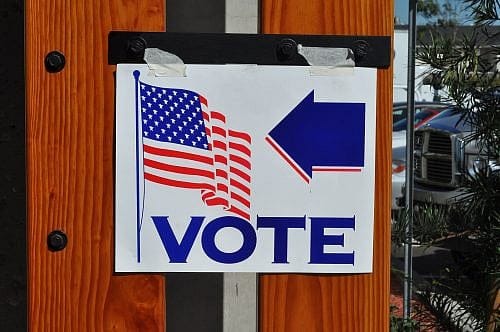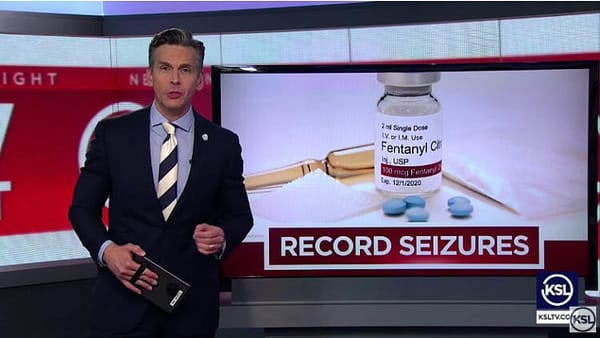News

Three Massachusetts Members of Congress Backing Constitutional Amendment To Lower Voting Age To 16 Years Old

Repeal the 26th Amendment?
Three members of the United States House of Representatives who represent Massachusetts want to do it.

